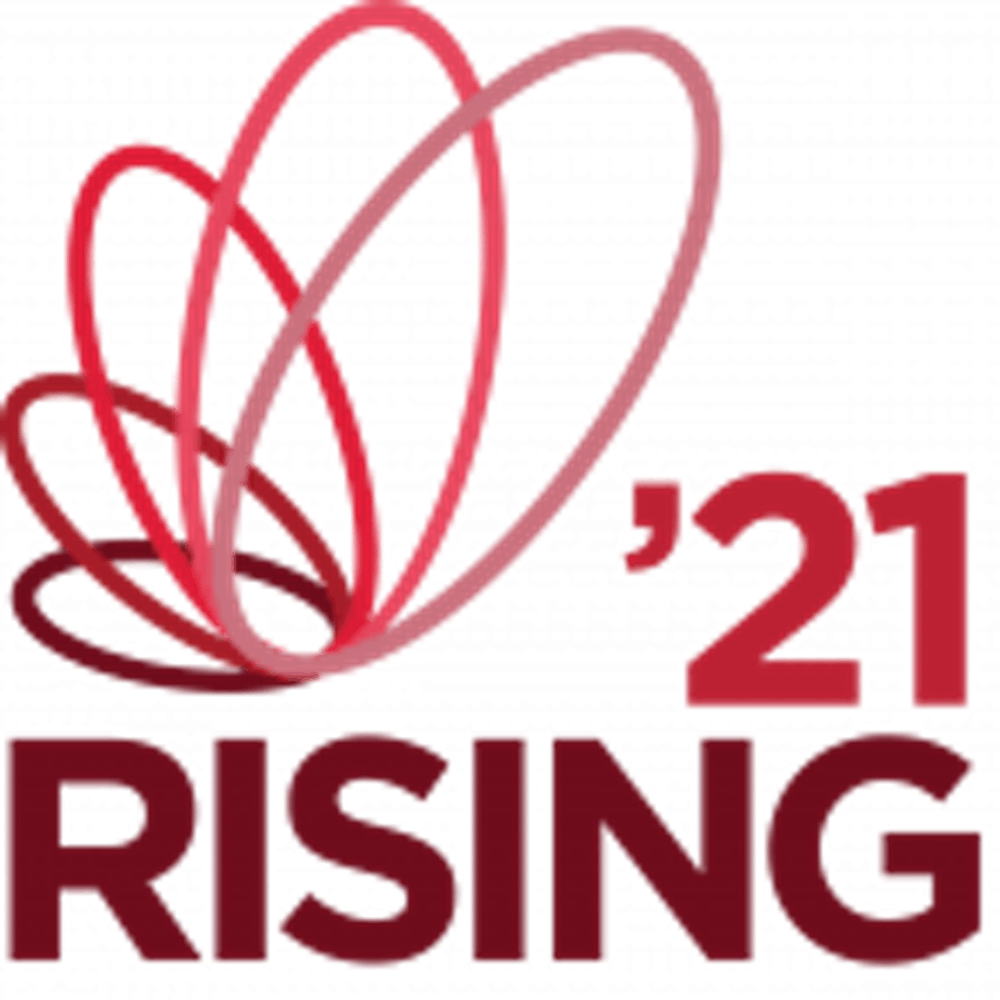’21 Rising, an ongoing social network study led by Principal Investigator and Professor of Behavioral and Social Sciences Nancy Barnett, enrolls members from the class of 2021 in biannual surveys to find out how social networks play a role in their health behaviors.
Students participate in the study by completing online surveys that take around 30 to 40 minutes each, wrote Catherine Costantino, ’21 Rising’s project coordinator, in an email to The Herald. Questions cover the topics of “social network ties (such as friends and family), life experiences relevant for college students and health behaviors, including alcohol use,” Costantino wrote.
The study is funded by a grant from the National Institutes of Health, Barnett said. Participants are compensated with between $50 to $70 in Amazon gift cards for completing each survey, according to the study’s website. To address concerns of confidentiality, survey answers are de-identified and coded by an ID number, so individual participants are not associated with their responses, Barnett said.
The project first enrolled students in the fall of 2019, and is launching the fourth of its five surveys on Feb. 22. Enrollment has been “very successful so far — over 81 percent of the class is enrolled,” Costantino wrote.
The study aims to enroll as many students in the class of 2021 as possible in order to build a comprehensive picture of the class-wide network. Enrollment via the study’s website is open to all students who currently are or previously were part of the class of 2021, including those who took leave.
As an alcohol use researcher, Barnett hopes to understand “the perspective and the needs of the people” included in her research, she said. She wants to uncover “how you can avoid harm to oneself or to others when choosing to use alcohol or other substances.”
By recruiting members of the class of 2021, the study can capture how social networks and behavior intersect with developmental milestones that typically occur in one’s junior and senior year of college, Barnett said. These milestones include obtaining jobs and deciding on plans after graduation. The research looks at the long-term effects on graduates as their friendship networks and substance use patterns change, she said.
Barnett previously led the Squad2020 study in 2016, which examined social networks for first-year students, The Herald previously reported. Squad2020 followed over 90 percent of the class of 2020 during their freshman year and studied the development of alcohol use and other behavioral patterns during their transition into college, Barnett said.
’21 Rising is the “second cycle of that project” and looks at “the experiences of later college years,” Barnett said. “That transition out of college is really not as well studied when it comes to peers and substance use.”
The timing of the COVID-19 pandemic also “optimally” positions the researchers to study the impact of the pandemic on social networks, behavior and general life experiences, Barnett said. Data was collected prior to and during the pandemic, and will hopefully be collected afterward as well.
The researchers are additionally looking into students’ perception of other people’s drinking behaviors and how they’re influenced by depictions of alcohol in social media feeds, Barnett said.
The study considers demographics for sexual and gender minority groups and first-generation students.
Melissa Clark, co-investigator for ’21 Rising and professor of health services, policy and practice, is a survey methodologist for the study. She works to ensure the clarity of survey questions and that “the experience is a positive one for students,” she said.
The research team developed the surveys with the goal of “capturing the different aspects of students networks,” Clark said. This includes “obvious ones, like roommates or suitemates,” but also other people who students may not interact with daily yet are still “incredibly important” in their lives, she said.
The researchers improved their phrasing of questions and added more questions on topics deemed important to students using feedback from participants of Squad2020, Clark said. Participants of ’21 Rising are invited to submit feedback after surveys as well.
“We hope that students would be willing to share their experiences,” Clark said. Their experiences “may help us down the road provide programming and support services for students who may need (it). … It's a gift to students coming after.”

ADVERTISEMENT
More




